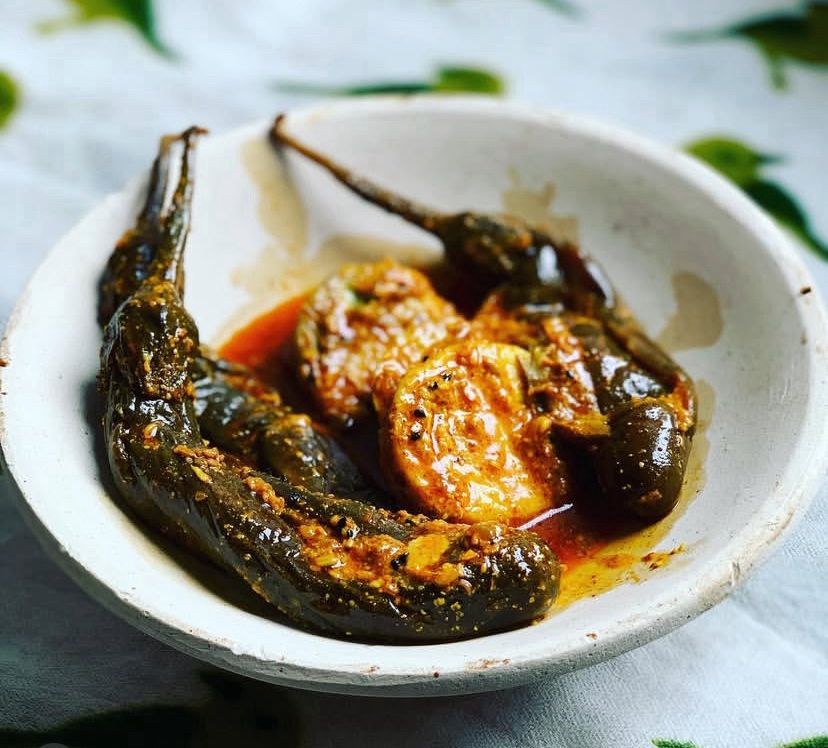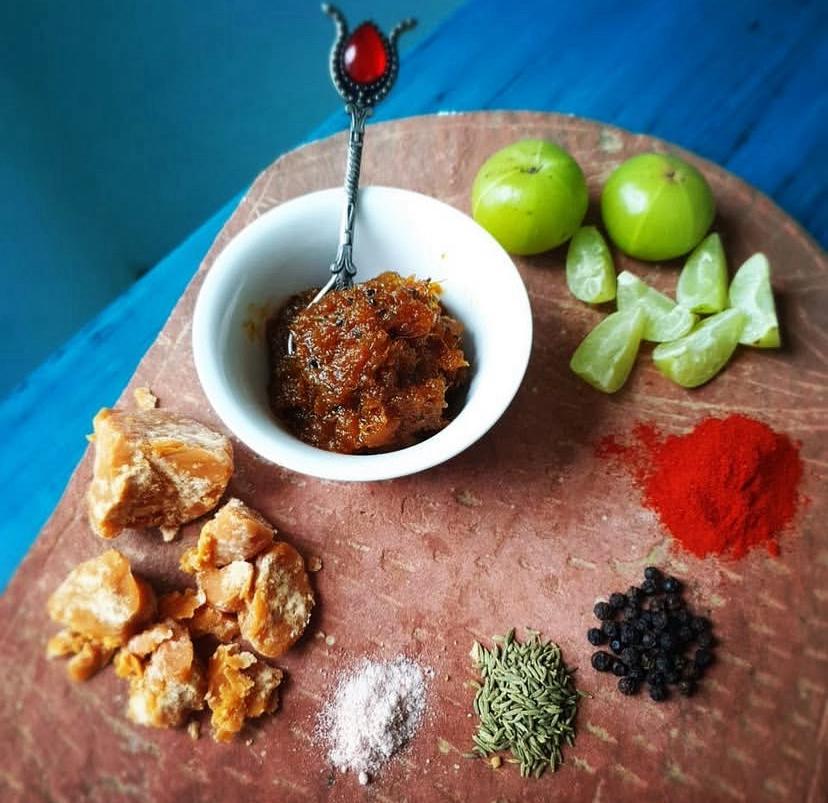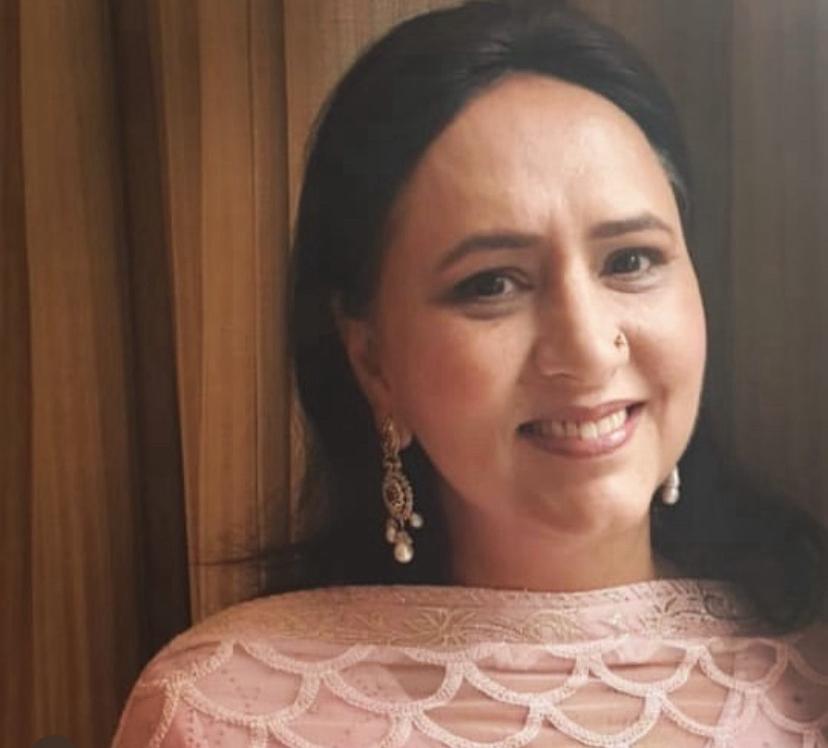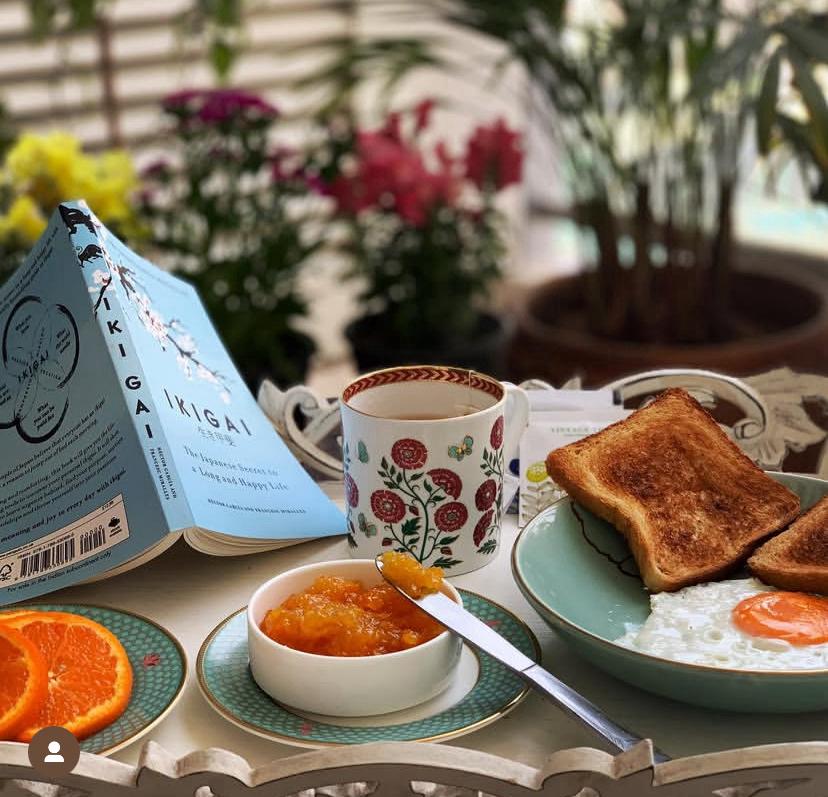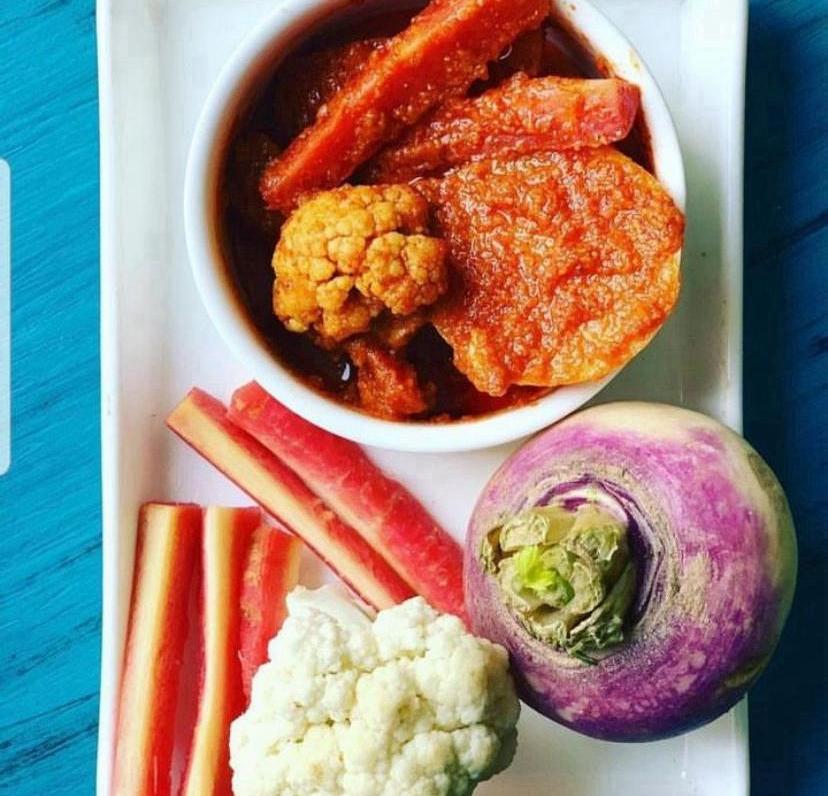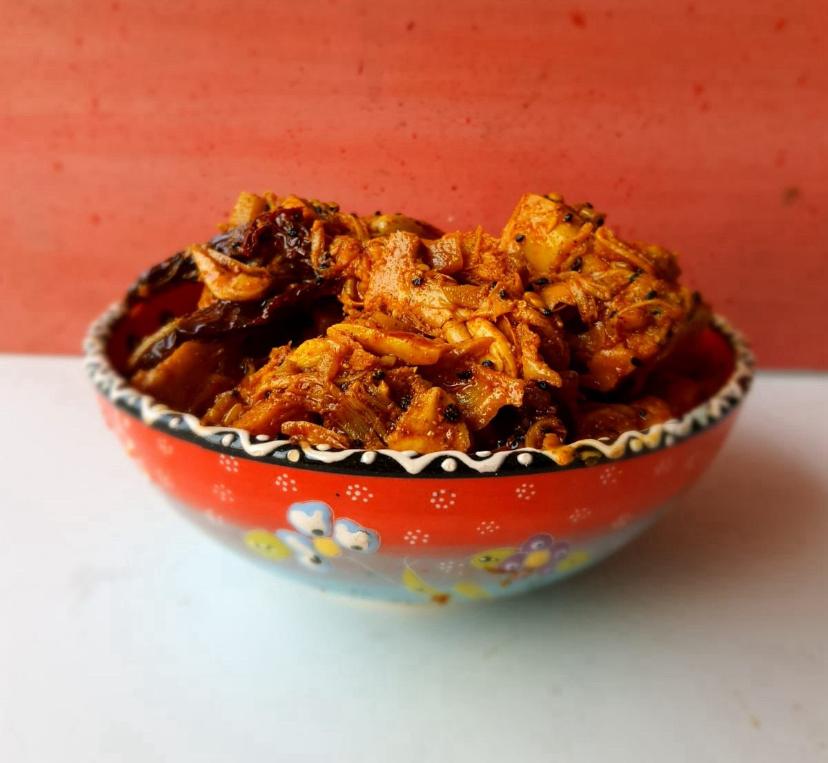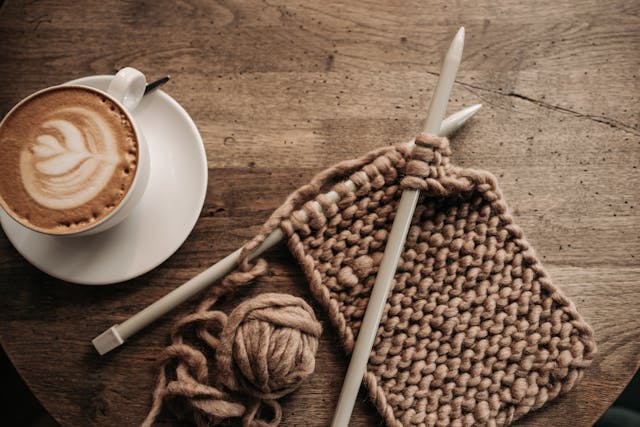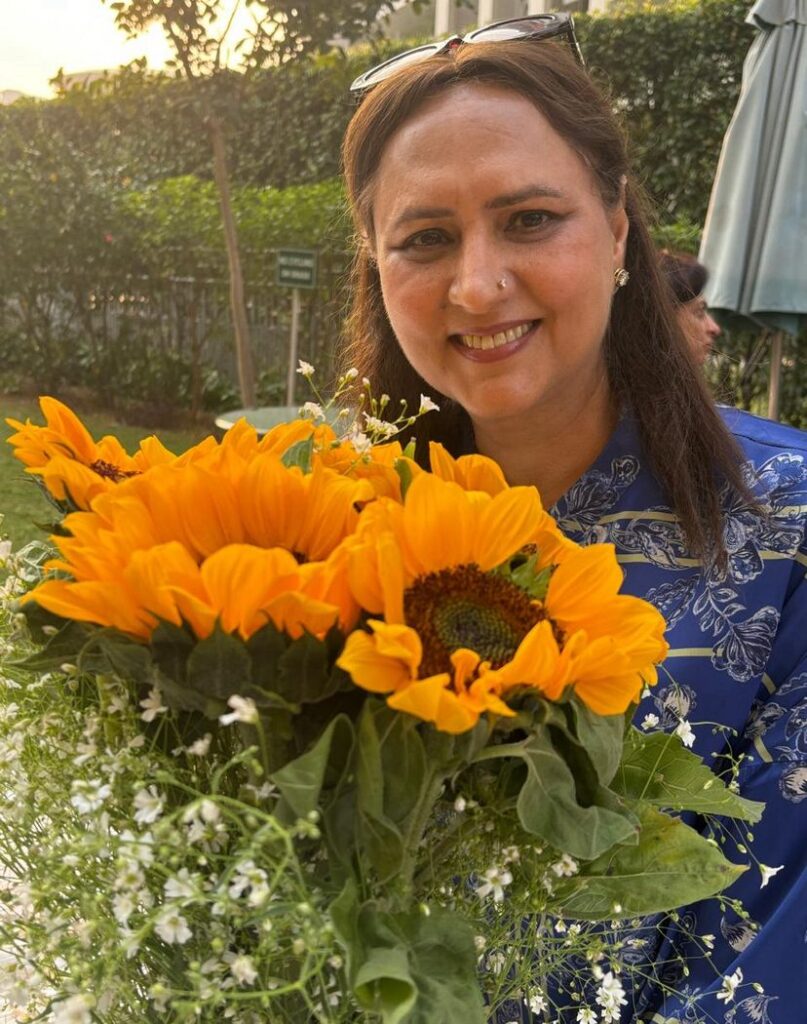
Ruchika Kohli
Ruchika Kohli
“From Family Kitchen to Flourishing Venture”
From Family Kitchen to Flourishing Venture: The Midlife Reinvention of Ruchika Kohli
In a world that often places invisible expiration dates on ambition—especially for women—Ruchika Kohli’s journey is a quiet yet powerful rebellion. After decades of dedicating herself to her family, Ruchika rediscovered her long-nurtured love for traditional recipes and transformed it into Silbatta, a flourishing venture rooted in heritage, authenticity, and heart.
What began with a humble batch of kanji in a new neighbourhood has evolved into a trusted name for handmade pickles, preserves, and more—each jar carrying the taste of legacy and the courage of a woman who chose to begin again in her midlife. Through Silbatta, Ruchika not only preserves family traditions but also celebrates forgotten recipes of India—flavours that connect generations and regions alike.
In this candid conversation, Ruchika reflects on her early influences, the turning point that reignited her dream, and how passion, community, and self-belief continue to shape her path forward.
You may also like:
-
Giving Old Furniture New Life: A Sustainable Story with Singing Sparrow by Rashi BajajGiving Old Furniture New Life: A Sustainable Story with Singing Sparrow by Rashi Bajaj
-
Nature, Magic, and Life Lessons: Haimanti Mitra on Writing for Today’s ChildrenNature, Magic, and Life Lessons: Haimanti Mitra on Writing for Today’s Children
-
From Quantum Realms to Artistic Reverie: The Multifaceted Journey of AnjanaFrom Quantum Realms to Artistic Reverie: The Multifaceted Journey of Anjana
Can you tell us about your early years—your upbringing, family influences, and any childhood passions that stayed with you?
I was born into a business family where all the women were homemakers and didn’t pursue any profession. I was deeply inspired by my grandmother, who used to make large batches of pickles and distribute them not just to family, but to friends and even their extended networks. I’ve always had a love for reading and good food—two passions that have stayed with me throughout life.
Those early years around my grandmother’s kitchen unknowingly exposed me to the rich diversity of recipes of India, many of which were passed down orally and kept alive through tradition.
How did your interest in food and traditional recipes evolve over time—was it always something you wanted to turn into a venture?
Coming from a family of excellent cooks, I always enjoyed experimenting in the kitchen. Even during my busy years raising children, I tried dishes from various cuisines and rarely needed to order food from outside. I constantly sought new recipes from my aunts, books, and the internet.
Over time, I developed a deep curiosity for the regional diversity in flavours and the vast treasure of recipes of India—many of which are quietly disappearing from our daily lives. While I hadn’t thought of turning this into a venture back then, the passion was always simmering in the background.
How did your personal responsibilities over the years shape your journey—and what made now the right time to pursue your dream?
I got married at a very young age, into another business family. Although I had secured admission into one of Delhi’s most prestigious colleges, I had to give up my studies—a decision I still regret. Raising three children and focusing on their education and dreams became my priority. During those years, I had little time to think about my own passions.
But the love for homemade food—and the recipes of India I had absorbed growing up—stayed with me quietly until the time felt right.
What was the turning point or trigger that finally pushed you to act on your long-held dream?
Things began to shift after my elder two daughters got married and we relocated from Delhi to Gurgaon. In my new community, I made kanji for the first time and shared it with some of the women in the society. Their enthusiastic response and encouragement gave me the push I needed to explore this path further.
Why did you choose pickles and preserves as the heart of your business—and how did the first batch come to life?
I had inherited a treasure trove of recipes from my grandmother, and I decided to begin with her famous Gobi-Shalgam-Gajar pickle. I offered it for orders in our society group, and thanks to word of mouth, the demand grew quickly. That early success gave me the confidence to try new recipes and eventually expand my offerings.
Many of these pickles and preserves are deeply rooted in the traditional recipes of India, crafted without shortcuts—just the way our grandmothers used to make them.
What were some of the biggest challenges you faced in starting a business in your 50s—emotionally, socially, or logistically?
There were certainly moments of self-doubt, especially since I had no prior professional experience. Starting something completely new at this stage in life felt daunting, but I took each step slowly, learning and adapting as I went. There was also the challenge of making sure that age-old recipes of India could be brought to modern homes without compromising their authenticity.
How has the support of your local community and customers helped shape Silbatta’s journey?
My customers have been my biggest motivators. Their encouragement, feedback, and referrals have helped me grow from just selling in my society to reaching other parts of Gurgaon and eventually across Delhi. I feel incredibly grateful for the trust they’ve placed in me. It’s been heartwarming to see people reconnect with the forgotten flavours and recipes of India through my products—there’s nostalgia in every bite.
What values do you hold close when it comes to running Silbatta—whether it’s the handmade process, quality, or customer connection?
Silbatta is built on the foundation of consistent quality and personal relationships. I never compromise on ingredients—all my products are handmade using traditional methods, and I now have a small team that helps with grinding spices and packaging. I value direct feedback and always strive to make my products to the customer’s taste. Upholding the integrity of recipes of India is central to my work—whether it’s a mango pickle or a seasonal sherbet, the process is sacred.
How has this journey changed you—personally and professionally—as a woman in this stage of life?
Starting Silbatta has given me a deep sense of confidence and self-worth. When customers come back with repeat orders and kind words, it feels like I’ve truly achieved something meaningful. These last five years have been incredibly fulfilling—both emotionally and creatively. In many ways, I see this journey as my way of honouring and keeping alive the rich heritage of recipes of India.
What message would you share with other women who feel like it’s “too late” to start something new or pursue a long-held passion?
Age should never be a barrier to starting something new. If your heart is in it, the path will open up. I feel proud to be carrying forward my grandmother’s legacy, and I hope more women find the courage and confidence to follow their own passions. There’s nothing to lose—only so much to gain.
Whether it’s reviving old crafts or rediscovering the recipes of India, every woman deserves a chance to begin again.
The content and images are copyright. Reproduction is prohibited. Used on this website by permission from the interviewee/author.
Do you have an inspiring midlife story to share? Click on the button below or write to us at hello@yuo.net.in
Latest Post
At a time in life when many women begin asking, “What brings me joy now?” — the answer often lies in something …
In an era of fast furniture and fleeting trends, there’s something quietly powerful about holding on to what already exists—and making it …
In today’s fast-paced world, where stress, chronic ailments, and emotional turmoil are common, true healing goes beyond prescriptions and quick fixes. Holistic …


